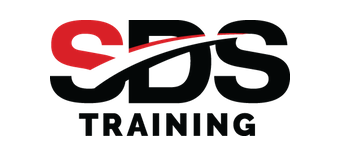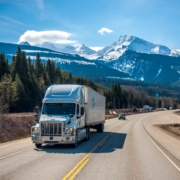Did you know that working in the heavy vehicle driving industry is the most dangerous occupation in Australia?
Yep, you read that right! In fact, during the 12 months to the end of June 2018, a staggering 169 people died from 155 fatal crashes involving heavy trucks.
As you can imagine these numbers were simply unacceptable to the governing body that oversees the industry, the National Heavy Vehicle Regulator (NHVR), and so they decided we’d reached a critical juncture to take action that held relevant parties accountable before more lives were tragically lost on our roads.
WHAT DID THEY DO?

Whilst the heavy vehicle drivers are the ones out on the roads day in and day out, the National Heavy Vehicle Regulator recognised that there was often more to an accident or incident than the operator of the vehicle.
It can be a demanding and exhausting lifestyle to live your life out on the roads and it was for this reason that the NHVR decided to shift the focus to those in the supply chain or “Chain of Responsibility” (CoR). That is; any parties that have any direct or indirect affect to the daily actions of those operating heavy vehicles.
The NHVR recognised that holding such parties accountable for the pressure that their actions, in-actions, demands and requests places on those working in the industry could prove critical to assisting in the reduction of occupational fatalities.
HOW WILL THEY ACTION THIS?

The NHVR have taken many steps to improve the level of regulation in and around the transport industry in the hopes to improve the safety of those employed.
Some of these changes include:
1. Implementation of CoR specialist investigators
2. Gathering and analysing intelligence
3. Listening to the concerns of driver’s in the industry
4. Co-ordinating national activity
5. Advocating HVNL obligations (especially parties in the supply chain)
6. Encouraging the use of innovative and safe business practices
WHO WILL BE HELD RESPONSIBLE?
![]()
The parties in the Chain of Responsibility for a heavy vehicle are:
- An employer of a driver
- A prime contractor for a vehicle if the vehicles driver is self-employed
- An operator of the vehicle
- A scheduler for the vehicle
- A loading manager for any goods in the vehicle
- A loader and/or unloader of a vehicle
- A consignor of any goods for transport by the vehicle
- A consignee of any goods in the vehicle
- A loader and/or unloader of any goods in the vehicle
If you’re in a position listed above, you may be held responsible under the relevant governing legislation. This means that you could be found responsible in a prosecution unless you can demonstrate that you took all reasonable steps to prevent the event(s) form occurring.
HOW CAN YOU PROTECT YOURSELF, YOUR DRIVERS, YOUR SCHEDULERS AND ANY OTHER RELEVANT PARTIES IN THE CoR?

The best way to safeguard your business and employees is by educating everyone in the CoR on how to implement the correct strategies that have been designed to protect those in the industry.
A handful on RTOs across Australia have the authorization to deliver training relevant to this issue and being at the forefront of the industry, SDS Training is proud to be one of them.
You can choose to undertake:
- TLIF0005 Apply a fatigue risk management system (designed for heavy vehicle operators/drivers) or;
- TLIF0006 Administer a fatigue risk management system (designed for heavy vehicle schedulers)
If you want to stay ahead of your competitors and keep up with the legislation requirements, it’s more important now than ever before to implement updated education and training strategies to safeguard yourself, your business and all other parties in the CoR. It could quite literally be the difference between life or death for many.
Still confused?
Not to worry! Here’s a short video from the National Heavy Vehicle Regulator explaining some of the recent changes, what your responsibilities are and why it was important these changes were implemented:
If you’d like more information on the changes to the legislation and your obligations, you can visit the National Heavy Vehicle Regulator. If you’d like to contact SDS Training directly to enrol in either of the units listed above, you can call 1300 000 737 or email us at enquiries@sdstraining.edu.au to find out more.
